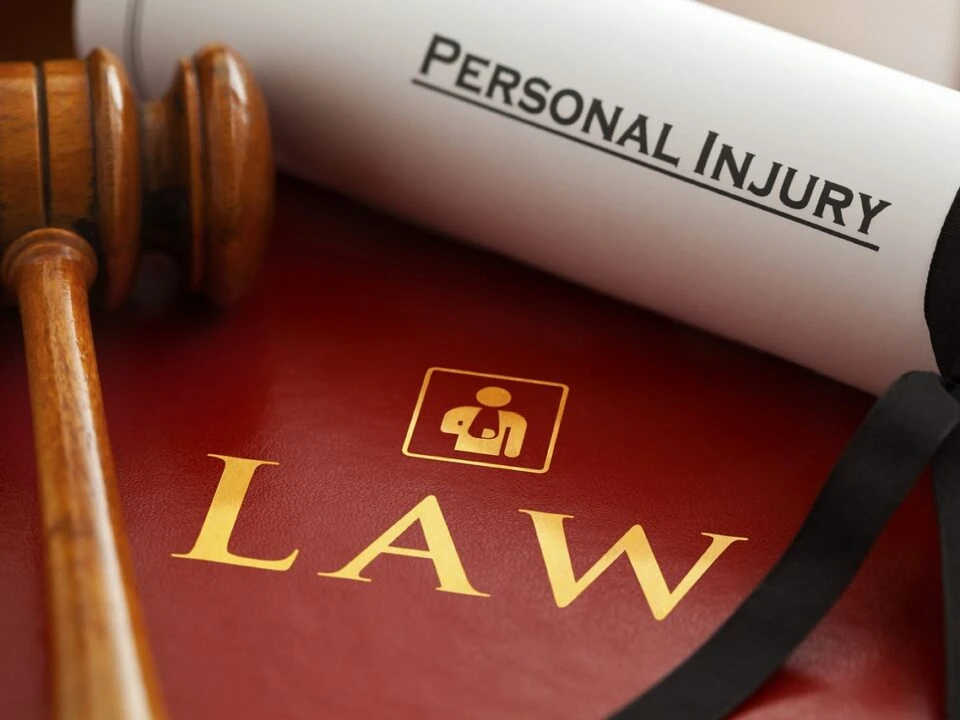
Legal Research in Personal Injury Cases: Finding Precedents and Building Strong Arguments
September 19, 2023
Protecting Your Dental License: The Role of a Dental License Defense Attorney in Workers’ Compensation for Catastrophic Cases
September 24, 2023Speed limit laws are a major safety issue on the roads of the UK. Exceeding the speed limit risks everyone, from pedestrians to other drivers sharing the road. Drivers need to understand what consequences they face if they break the speed limit and how they can avoid doing so in the future.
In England and Wales, anyone who exceeds the speed limit will receive a fixed penalty notice. This includes penalties for speeding, driving without insurance, and not wearing a seatbelt.
Overview Of Speeding Penalties In The UK
Although cases vary, the penalties are generally classified from FPN or Fixed Penalty Notice to prosecution in a court.
- FPN: A fixed penalty fine of up to £100 and three points on your license can be issued for speeding or other minor offenses.
- Endorsable Offences: More serious offenses may result in an endorsable offense notice, including fines of up to £2,500 and increased points added to your license.
- Disqualification: Depending on the severity of the offense and the number of previous speeding convictions, you may face a disqualification from driving.
- Court Summons: In cases where the speed limit is exceeded significantly, you may receive a court summons. This results in a much higher fine and more points added to your license.
A clear understanding of each driving offense can also help prevent further incidents. For example, if you need help with sp30 driving offence —driving over 30mph in a 20mph zone— understanding the consequences will help you be more aware of speed limits.
Although speeding is an offence that carries serious repercussions, there are steps that drivers can take to prevent it from happening in the first place. Staying alert and conscious of your surroundings while driving is key to staying within the legal speed limit.
Additionally, using reliable navigation devices with speed warnings can help drivers stay within the law as they drive.
By staying aware of the consequences and taking steps to prevent speeding in the future, drivers can ensure that everyone on the road stays safe and is not at risk from someone exceeding the speed limit.
Resources For Avoiding Speeding Penalties
There are several resources available that provide advice on how to avoid speeding penalties. The UK government’s website has a comprehensive guide on the different types of speeding penalties and how to avoid them.
Organizations like Roadsafe UK provide free online seminars to help drivers understand the consequences of exceeding the speed limit and what can be done to prevent it. Other organizations, such as Brake and IAM Roadsmart, offer courses for drivers who want to improve their skills, knowledge, and understanding of the law.
By taking advantage of these resources, drivers can learn about the speed limit laws in their area and how to avoid breaking them. This will help them stay safe on the roads and reduce the risk of being issued fines or other penalties for exceeding the speed limit.
Avoiding Speeding Penalties
There are several steps drivers can take to avoid penalties for speeding in the UK:
- Understand the road signs: Understand the different speed limit signs and follow them accordingly.
- Stay vigilant: Pay attention to your surroundings while driving and be conscious of how fast you are going.
- Utilize navigation devices: If available, use navigation devices that will alert you when exceeding the speed limit.
- Take a course: Consider taking an advanced driving course to learn more about the laws and how to stay safe while driving.
Factors That Influence Your Penalties
Although your driver’s record and license points may play a role in penalties, several other factors can influence the outcome.
- Location: The speed limit and severity of punishment for exceeding it will depend on which part of the UK you are driving in.
- Records: Your driving record will be considered when determining the penalty.
- Types of speed limit violations: is it a temporary, variable, or permanent speed limit violation?
- Aggravating circumstances: Exceeding the speed limit significantly or endangering other people on the road can result in more severe penalties.
Speed Limit Violation Categories And Associated Penalties
Knowing what speed limit violation has been committed and the associated penalty can help drivers understand their situation and what steps to take.
- Exceeding 30mph zone: 3-6 points on your license and a fine of up to £1,000.
- Exceeding 50mph zone: 4-6 points on your license and a fine of up to £2,500.
- Exceeding 70mph zone: 6 points on your license or disqualification from driving for up to 56 days.
What Can A Speeding Ticket Cost You?
In addition to points on your license and fines, a speeding ticket can come with other costs. You may have to pay for an increase in insurance premiums, court fees, and legal representation if you are prosecuted in court.
The amount you will have to pay will depend on the severity of the offense and the number of previous convictions. Fines can range from £100-£2,500 plus legal fees and insurance premiums from Band A to Band C.
Final Words
By being aware of the consequences and taking steps to prevent it in the future, drivers are ensuring that everyone on the road stays safe. Taking advantage of resources like government websites, free online seminars, and driving courses can also help drivers stay within the legal speed limit.
Remember, a clear understanding of each driving offense can prevent further incidents and help you stay on the safe side of the law. Fines for speeding tickets can be expensive, and if caught, they are best to be avoided at all costs.





